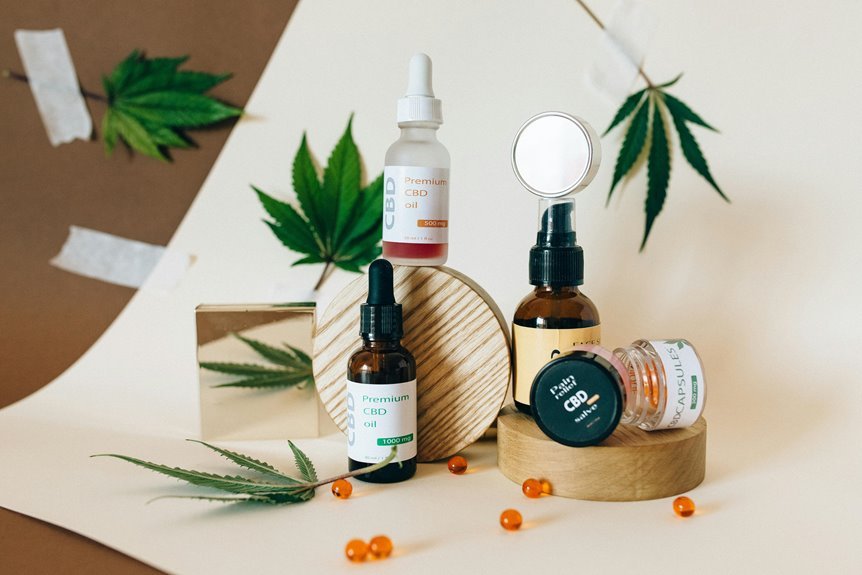Cannabidiol, or CBD, is a compound derived from the cannabis plant that has gained significant attention for its potential therapeutic benefits. Unlike THC, CBD is non-psychoactive, making it an appealing option for those seeking relief without the mind-altering effects commonly associated with cannabis. As research continues to explore its applications, understanding the nuances of CBD, its benefits, and the legal implications surrounding its use becomes increasingly important. What does the latest evidence reveal about its effectiveness?
Understanding CBD: What It Is and How It Works
Cannabidiol, commonly known as CBD, is a non-psychoactive compound derived from the cannabis plant that has garnered significant attention for its potential therapeutic benefits.
CBD interacts with the body primarily through its mechanisms engaging with cannabinoid receptors, particularly CB1 and CB2. This interaction influences various physiological processes, contributing to a sense of balance and well-being, appealing to those seeking natural alternatives for health.
Potential Benefits of CBD: What Research Says
Research into CBD has revealed a range of potential benefits that extend beyond its basic interaction with cannabinoid receptors.
Scientific studies suggest that CBD may alleviate anxiety, reduce inflammation, and improve sleep quality.
These potential effects have generated interest among those seeking natural alternatives for wellness.
As research progresses, understanding CBD's capabilities could empower individuals to embrace holistic health solutions.
CBD vs. THC: Key Differences Explained
While both CBD and THC are prominent cannabinoids found in the cannabis plant, they exhibit distinct properties and effects that set them apart.
CBD effects are primarily non-psychoactive, promoting relaxation and potential therapeutic benefits without the "high."
In contrast, THC effects include euphoria and altered mental states, which can lead to anxiety in some users.
Understanding these differences is crucial for informed choices.
Navigating the Legal Landscape of CBD Products
The legal landscape surrounding CBD products is complex and varies significantly across different regions.
Many jurisdictions impose stringent legal regulations that can create compliance challenges for producers and consumers alike.
As laws evolve, individuals must stay informed to navigate this dynamic environment, ensuring they adhere to local statutes while pursuing their rights to access CBD products for personal use and wellness.
Conclusion
In a world where the quest for serenity often leads to a frantic search for the next miracle cure, CBD emerges as the calm, collected cousin of cannabis—sipping herbal tea while THC throws a wild party next door. With its soothing properties and legal status dancing on the fine line of regulations, it's no wonder people are flocking to this non-psychoactive hero. So, as you navigate the maze of wellness, remember: sometimes, the quietest voices hold the most promise.





 What Is Cbd Oil Good For?
What Is Cbd Oil Good For?